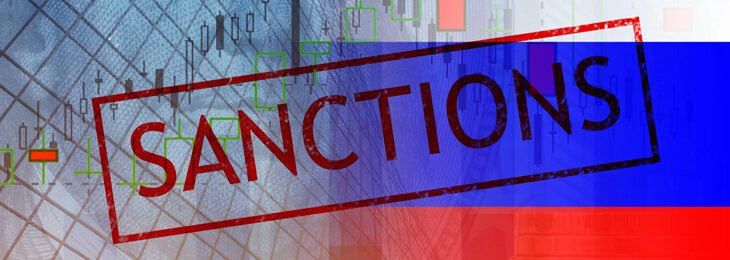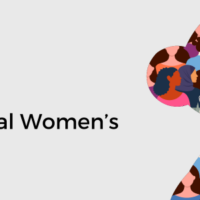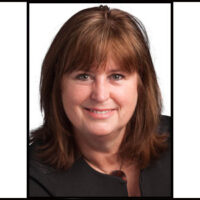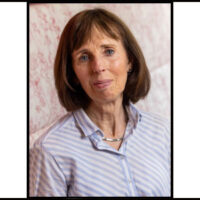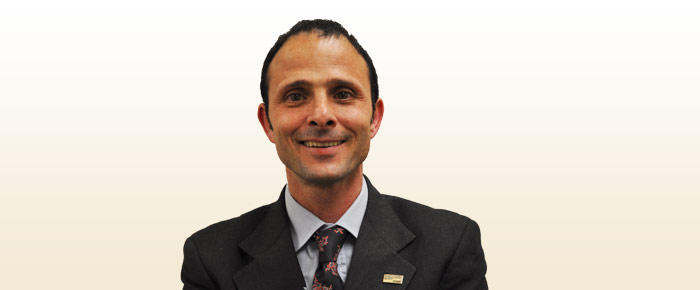
ACAMS Today had the opportunity to chat with Gonzalo Vila, CAMS, Director of Operations for Latin America. Gonzalo gave us insight into what the Latin American conference will consist of and current challenges facing compliance professionals in Latin America.
ACAMS Today: You have attended and directed numerous Latin American conferences, what makes this conference unique?
Gonzalo Vila: Since 2002, I have been involved in setting up at least 10 conferences in Latin America, conferences in the U.S. and in other continents. I have also been involved in setting up hundreds of live and online training events and I have to say that this conference with more than 40 different sessions and a speaker faculty comprised of more than 50 experts, is by far the most ambitious conference in which I have ever been involved.
The ACAMS' Latin American department is anxiously looking forward to this event because we have put so much thought and effort into it.
AT: Which three sessions are you looking forward to attending?
GV: It is difficult to choose just three from the many different and interesting sessions. Also, I will be moderating and speaking in couple of sessions so I won't have complete freedom to choose where to participate, but if I have to tell you about unique sessions that we have put together and for sure are a must for all AML professionals I would single out the opening session. The opening session will dissect the new FATF Recommendations and what this means for AML professionals in Latin America, as well as the FATCA panel where financial institutions will get a first-hand glimpse of where they stand in regards to these new extraterritorial obligations.
At ACAMS we are big fans of case studies. Case studies are an excellent tool for training and teaching using real-life experiences. This conference will have several sessions that will use case studies as a way to analyze the valuable lessons left by real-life fraud and money laundering operations in Puerto Rico for financial and non-financial institutions (fraud cases dealing with amounts of up to $300 million).
Another unique session will be the one focusing exclusively on investigations (by media and government agencies) about corruption, money laundering and drug trafficking where new methods for the flow of money laundering will come to light. These are just a few of the many informative and excellent sessions available to conference attendees.
AT: The conference has a variety of experts in the program. Can you give us some background on two new speakers to the conference and two veteran speakers from the conference?
GV: We have several high profile speakers confirmed for this conference. Some of the new speakers are José Cuitláhuac Salinas Martínez, Head of the Office of Special Investigations into Organized Crime at the Attorney General's Office in Mexico; Zenón Biagosch, former Director of the Central Bank in Argentina; Renato Sales Heredia, Attorney General of the State of Campeche in México and Luis A. Madrigal Pereyra, President of the Mexican Bar Association. Among our veteran experts are Guillermo Horta Montes, Managing Director of Global AML & Economic Sanctions at Bank of America Merrill Lynch in México; Luis Bogantes Rodríguez, Director of Operational Risk for Banco Nacional de Costa Rica; Marcelo Casanovas, Director of Provincia Seguros in Argentina and Marcos Czacki Halkin, Legal Counsel for Daimler Financial Services in México to name a few.
AT: What are the current financial crimes challenges and hot topics that are facing Latin American countries and AML professionals in the continent?
GV: I believe there are several hot issues in the AML landscape, some dealing with the tax matters like the implementation of Foreign Account Tax Compliance Act (FATCA).With the deadline to comply with this controversial U.S. law quickly approaching, many institutions in Latin America (and the rest of the world) do not fully understand the need to comply with this foreign law or do not yet realize its extraterritorial impact. Also, that the FATF is finally recommending to include tax evasion as a predicate crime for money laundering; although this could be a much longer process and no one knows for sure what form this will take and no one knows the precise division between money laundering and tax evasion (even if recent cases like UBS and Wegelin are showing how aggressively the U.S., and other countries' authorities are pursuing their citizens who are evading taxes).
Others huge challenges that the industry is facing are drug trafficking, beneficial ownership, trade-based money laundering, international cooperation, transparency in international wire transfers, new payment methods and the new FinCEN obligation for internationals MSBs to register and obtain a license in the U.S. are some of the relevant topics/areas of concern for AML professionals in Latin America, and I would say many other regions in the world.
AT: What advice would you give conference attendees on how to make the most of their conference experience?
GV: Whether they are first time or veteran attendees the experience of networking with hundreds of professionals from all over the continent is something they won't be able to find elsewhere. Another invaluable experience for many AML specialists is the opportunity of having the regulators and other authorities within reach to clear out all those doubts that are impossible to solve with a phone call. This training program will give participants the information they need to develop clear AML/CTF strategies and the nuts and bolts on how to implement them.
Another piece of advice I would give is for the attendees to pay special attention to all the case studies that will be used throughout the conference in different sessions. These case studies will highlight the latest ML trends and typologies and the most efficient tools to learn. And if I may, one last tip would be for all participants to take advantage of the interactive spirit of the conference, where every single session and all adjacent gatherings are meant for attendees to participate and interact. I believe this last point is probably the foundation of ACAMS' success transplanted into the conference.
Interviewed by Karla Monterrosa-Yancey, CAMS, ACAMS, editor-in-chief, Miami, Florida, USA, editor@acams.org





